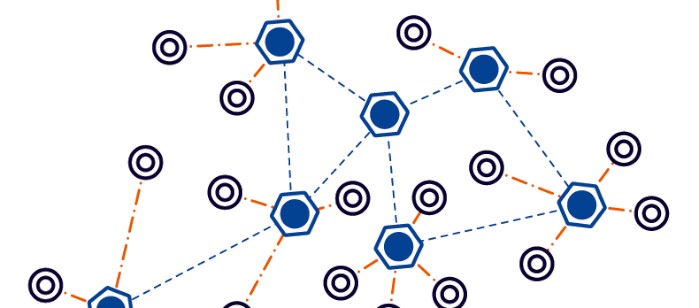
PhD Proposal
Distributed protocols for connectivity restoration
in damaged wireless sensor networks
Yatish K. Joshi
1:00pm Monday, 12 May 2014, ITE325b, UMBC
Decreasing costs and increasing functionality of embedded computation and communication devices have made Wireless Sensor Networks (WSNs) attractive for applications that serve in inhospitable environments like battlefields, planetary exploration or environmental monitoring. WSNs employed in these environments are expected to work autonomously and extend network lifespan for as long as possible while carrying out their designated tasks. The harsh environment exposes the individual nodes to q high risk of failure, which can potentially partition the network into disjoint segments. Therefore, a network must be able to self-heal and restore lost connectivity using available resources. The ad-hoc nature of deployment, harsh operating environment and lack of resources makes distributed approaches the most suitable choice for recovery.
Most solution strategies for tolerating the failure of multiple collocated nodes are based on centralized approaches that pursue the placement of additional relays to form a connected inter-segment topology. While they are the ideal solution for dealing with simultaneous multi-node failures, they need to utilize the entire network state to determine where and how recovery should occur. In addition to the scalability concern of these approaches, controlled placement of stationary relays in remote and inhospitable deployment area may not be logistically feasible due to resource unavailability and would not be responsive due to the delay in transporting the resources to the area. Space exploration is an example of those WSN applications in which placement of stationary relays is not practical.
In this proposal, we tackle the problem of connectivity restoration in a partitioned WSN in a distributed manner. We consider multiple variants of the problem based on the available resources and present novel recovery schemes that suit the capabilities and count of existing nodes.
Committee: Drs. Mohamed Younis (Chair), Dr. Charles Nicholas, Dr. Chintan Patel, Dr. Kemal Akkaya (SIU-Carbondale)Dr. Waleed Youssef (IBM)